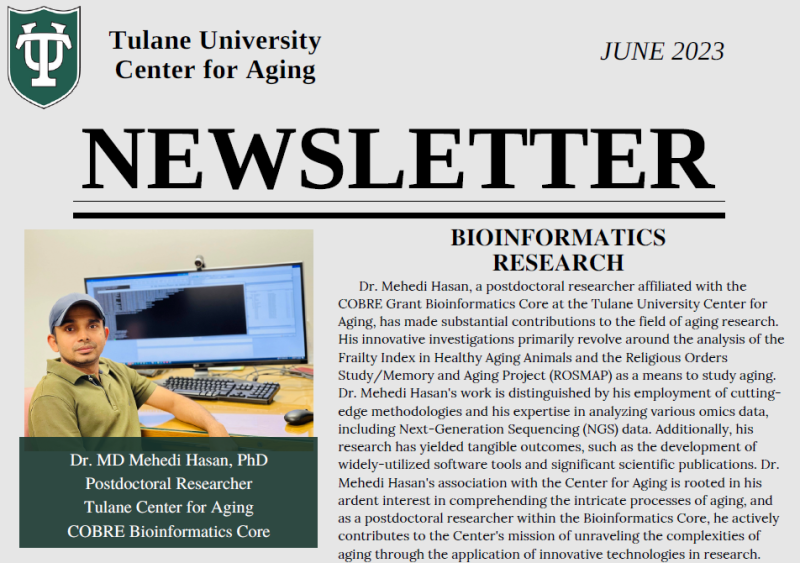
An Aging Population
The demographic reality today and in the foreseeable future is a graying population, both in terms of an increase in life expectancy and in the number of people over the age of 65. The retirement of the baby boomers, 77 million strong, will place a strain on Social Security and Medicare in the next decades. Only a compression of morbidity, coupled to changes in health systems management and healthcare delivery, can relieve this pressure. This will require significant research effort, in biological sciences, clinical medicine, behavioral and social sciences, as well as demography, economics, and policy planning. The research will engage basic, clinical, and translational scientists in multidisciplinary teams. The issues surrounding the expansion of the elder population transcend medicine and public health. The design and implementation of elder-friendly communities is emerging rapidly with abundant economic impact on this state and country. Furthermore, the increase in elder health that is an essential social and economic imperative will require planning for second and even third careers. The concept of 'active retirement' is taking on new meaning under current economic conditions. This in turn engages universities in forms of continuing education that have yet to be thoroughly explored, and it also has important implications for the model of the workplace.
Mission
The Tulane Center for Aging is dedicated to the enhancement of the quality of life of an aging population through research, education, and innovative approaches to healthcare and community planning and design.
Vision
The Tulane Center for Aging will foster and support the development of research programs across a broad spectrum of disciplines that will provide solutions to the problems associated with aging at the level of the individual, the community, and the population. Special emphasis will be placed on multidisciplinary efforts that harness the extensive resources available at the Uptown and Downtown Campuses and at the Tulane National Primate Research Center. In the process, these efforts will strengthen individual programs, departments, and disciplines throughout Tulane University. They will also contribute to the development of new initiatives. Virtually any area of endeavor at the University becomes a focus for the Center when the dimension of aging is applied. The Tulane Center for Aging will from the outset play a leading role in the strengthening of geriatrics and gerontology training at the University. This will be achieved by coordinating research, training/education, and service efforts. Our long term goal is to create a policy planning think tank that will serve the state and the region.
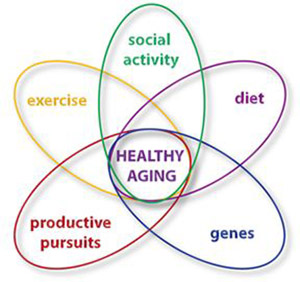
Center for Aging Updates:

Link to NIA Conference Agenda: https://tinyurl.com/mpaap7bz
Link to Free Virtual Conference Registration: https://tinyurl.com/mrya6jss
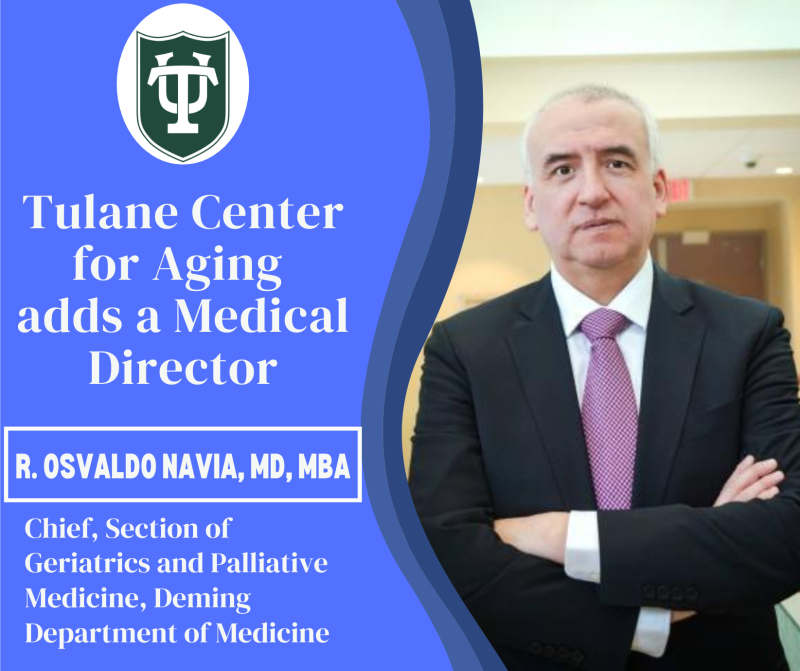
Geriatrics and Palliative Care
TCFA Newsletter: October 2023
Link to full article:
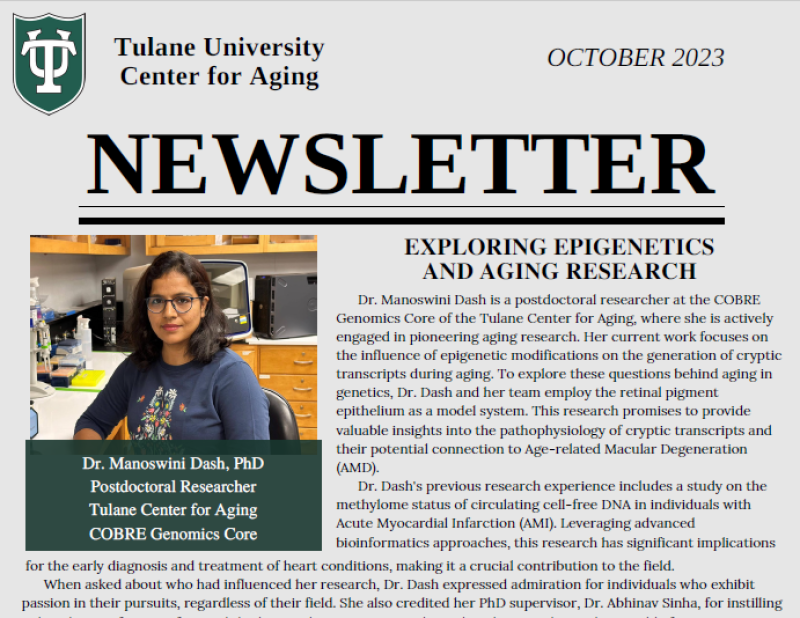



We are thrilled to see the newest edition of Breakthroughs, where the exceptional work of Dr. Mimi Sammarco, a distinguished faculty member of the Center for Aging, is highlighted. Her groundbreaking research in Spatial Transcriptomics has significantly advanced our understanding of bone development and regeneration.
Link to full article: https://ors-org.s3.amazonaws.com/wp-content/uploads/2023/08/ISFR-Breakthroughs-08.22.23.pdf

TCFA Newsletter: July 2023
Link to full article:
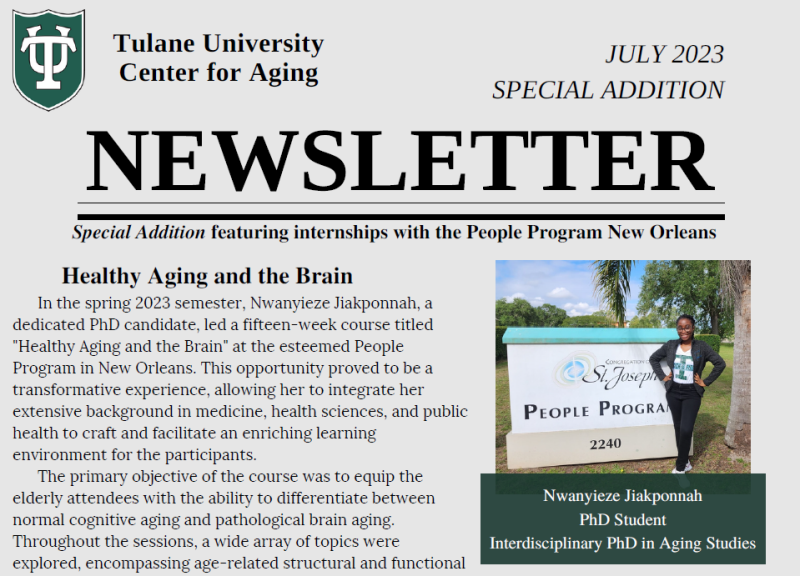
TCFA Newsletter: June 2023
Link to full article:
